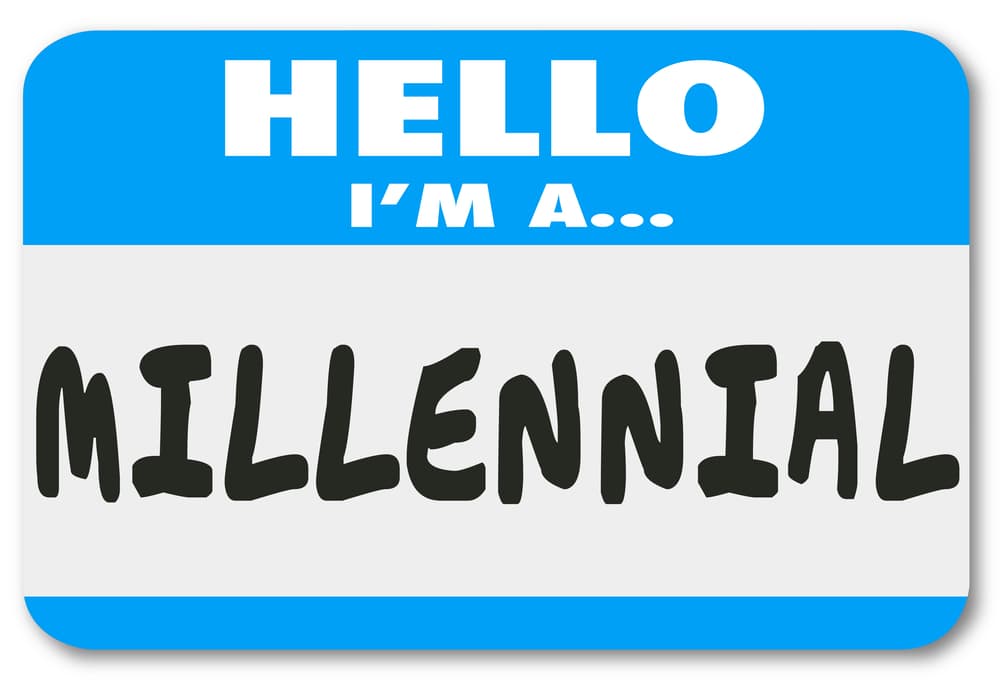In Western cultures, the transition from school-to-work-to-career generally happens between the ages of 16-to-24.
This is a period of explosive personal growth when an individual crosses over from a dependent child to an independent adult who no longer relies on their parents to provide food, clothing, shelter, laundry services, and gas money. (This transition is not happening as early as it once did in America, but that’s fodder for another blog.)
To assure a successful launch into adulthood and a path to a meaningful career, the emerging teen/young adult benefits from the help and support of three separate – but equally important individuals.
1. The Mother
Throughout the transition, and even after they establish their independence, a young adult still needs a mother who is standing by to:
- Provide advice (which is usually only followed if/when it’s asked for).
- Encourage them to endure the tough times and to help them understand why it’s in their best interests to always take the high road and choose the difficult right over the easy wrong.
- Give unconditional love, plenty of hugs, and an occasional bowl of homemade soup.
- Push the bird out of the nest and let them fly – or fall – on their own accord. (This is a very difficult step for today’s growing legion of “tiger moms” – and dads – who believe their job is to protect their adult children from the realities of this harsh world and to serve as their landlords, bankers, chief negotiators, agents, and best buddies.)
2. The Manager
A manager’s job is to get as much out of their employees as possible in the way of productivity and performance. This is optimized when the manager has taken the initiative to forge a relationship based on mutual trust and common interests, but if that occurs it is a bonus; not a condition of employment.
The manager must then:
- Tell the employee what to do (i.e. provide clear and measurable results, training, and methodologies).
- Give them the tools and workplace environment to do it.
- Keep the employee on track toward the goals (holding them accountable for their outcomes).
- Provide praise and recognition when deserved — and correction and discipline when required.
3. The Mentor
In the classic Greek poem The Odyssey, Oddysseus entrusts his wise friend, Mentor, with the education and counseling of his adult son Telemachus.
The word mentor is derived from that origin and is now used to describe one who accepts the responsibility for the professional growth and development of another by providing sage advice, counsel, and guidance. An effective mentor is a wise and experienced leader who will:
- Listen to the aspirations and goals of the mentee.
- Provide practical advice and actionable strategies for achieving those objectives.
- Make key introductions when necessary and share learning resources when appropriate.
- Routinely meet with the mentee to measure their progress against the objectives and course-correct accordingly.
ON POINT: Millennials who lack one or more of these key individuals in their life may actually find the transition from school-to-work-to-career easier than the young person who is a victim of having the wrong people in these roles, or worse, an over-zealous person in a role who intrudes on the role of another, (i.e. helicopter moms, meddling managers, micromanaging mentors, etc.)
If you serve in one of these roles for a Millennial, know your job and stay in your zone.
Excerpted from On Fire at Work: How Great Companies Ignite Passion in Their People Without Burning Them Out, released nationwide on Oct. 20, 2015
